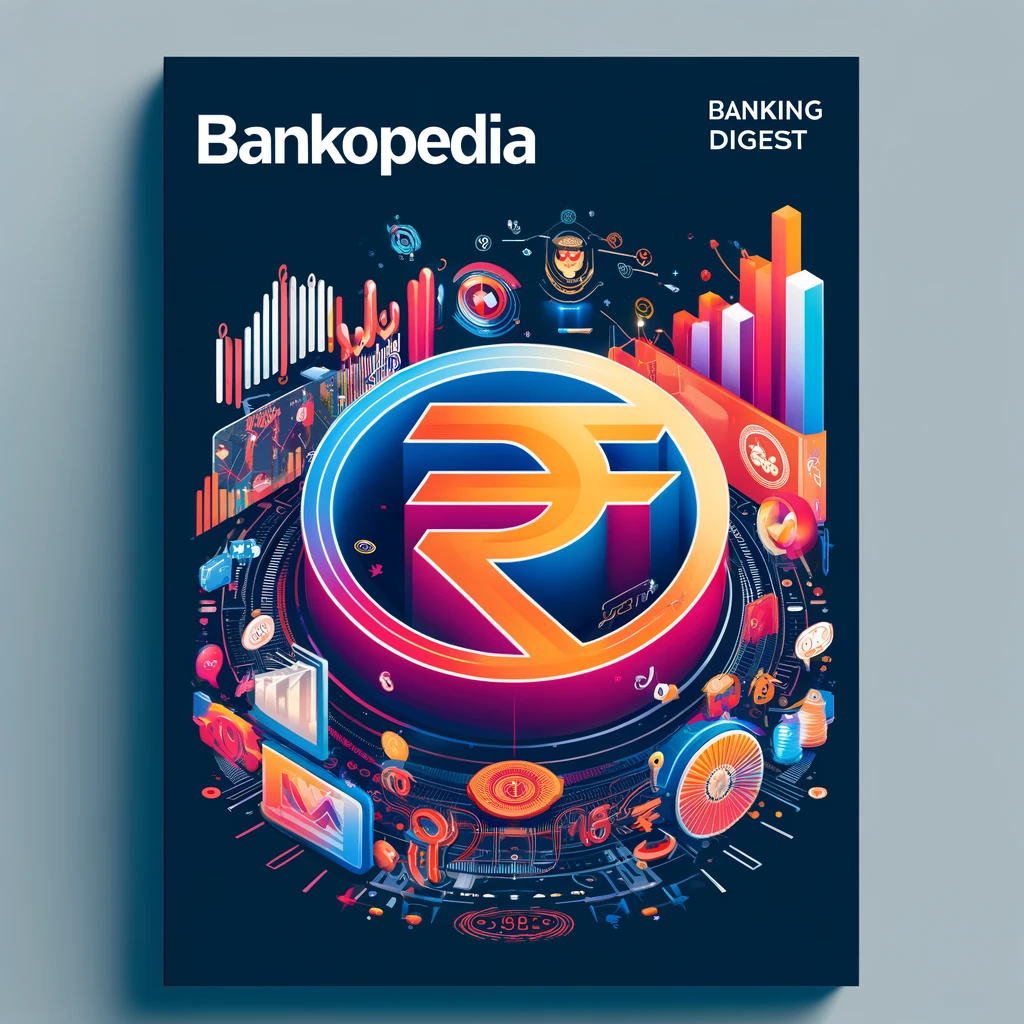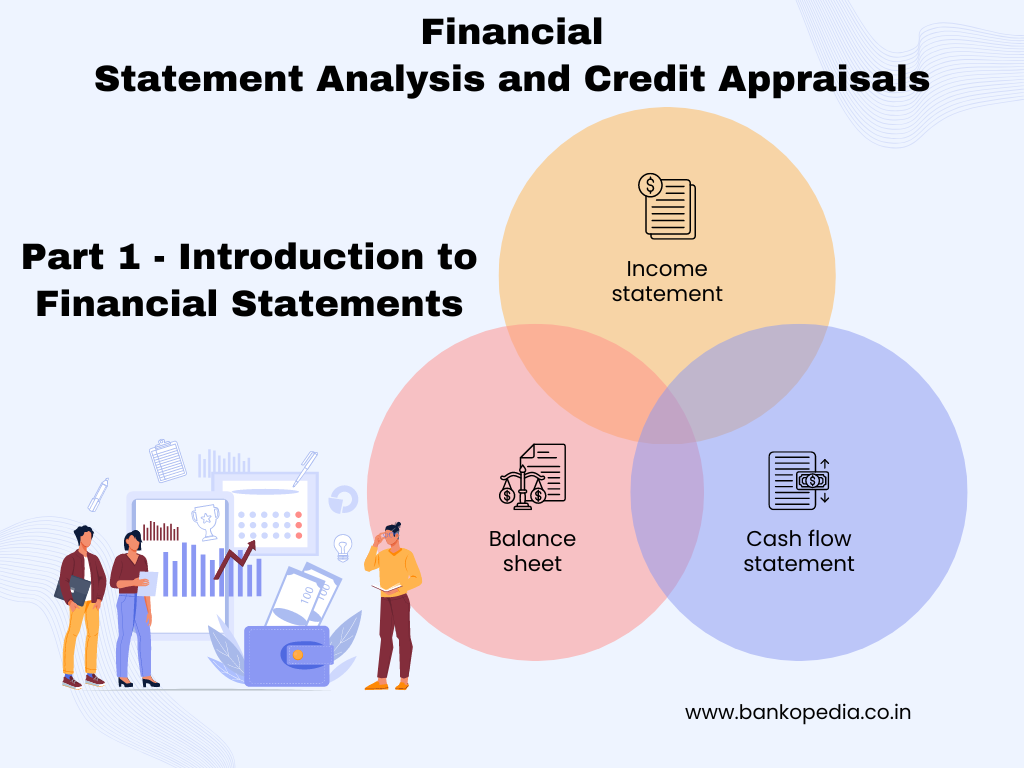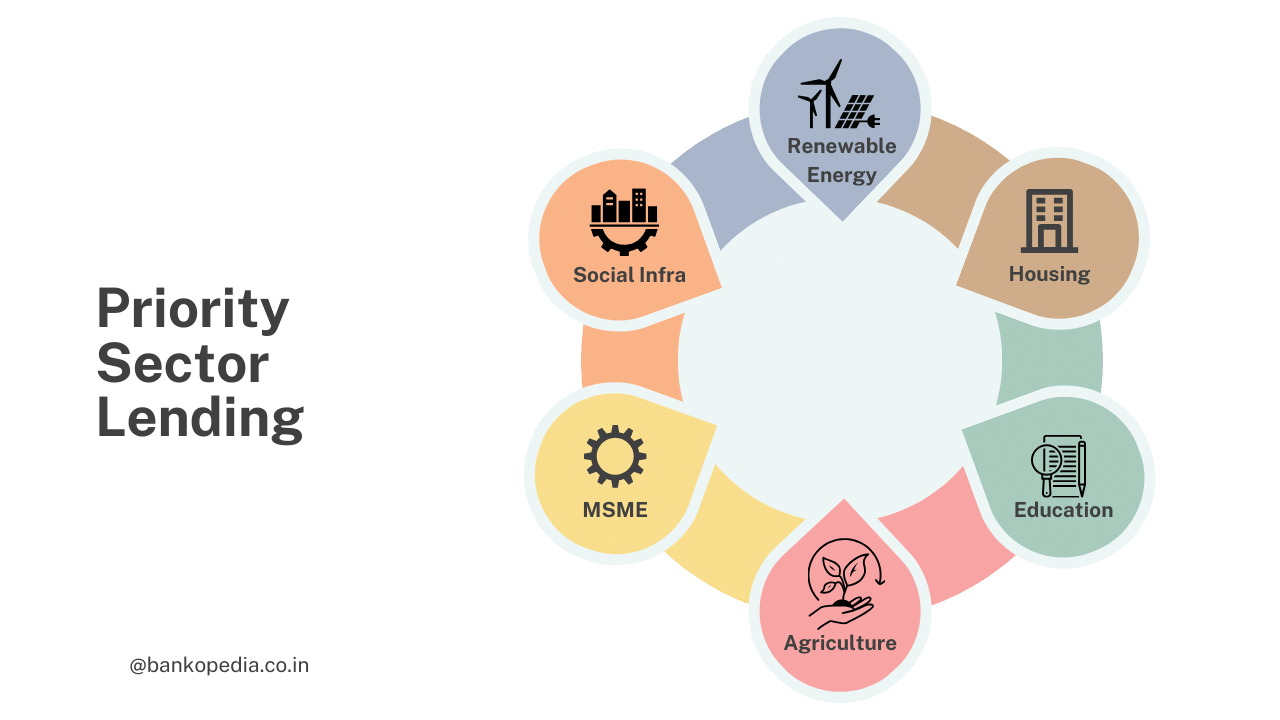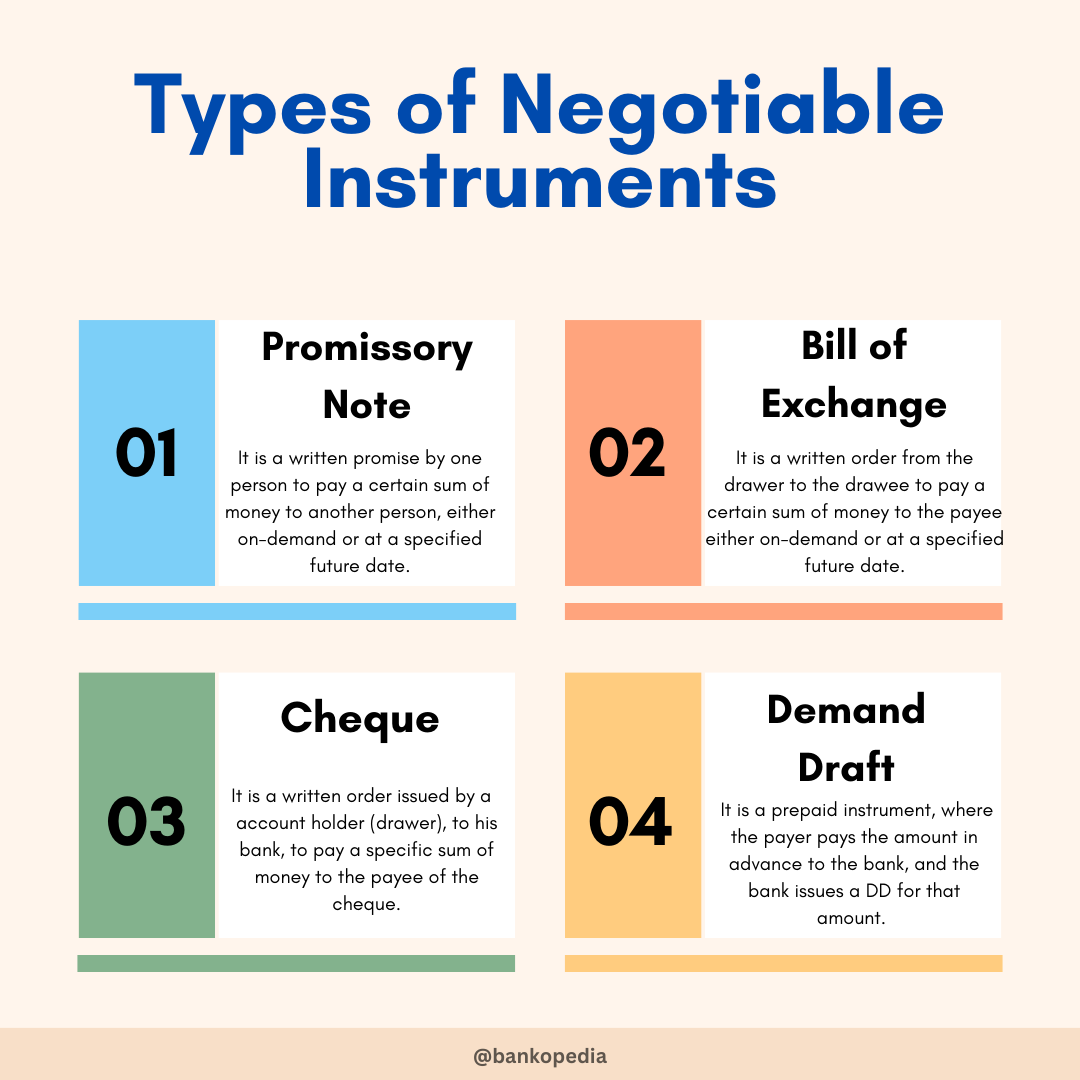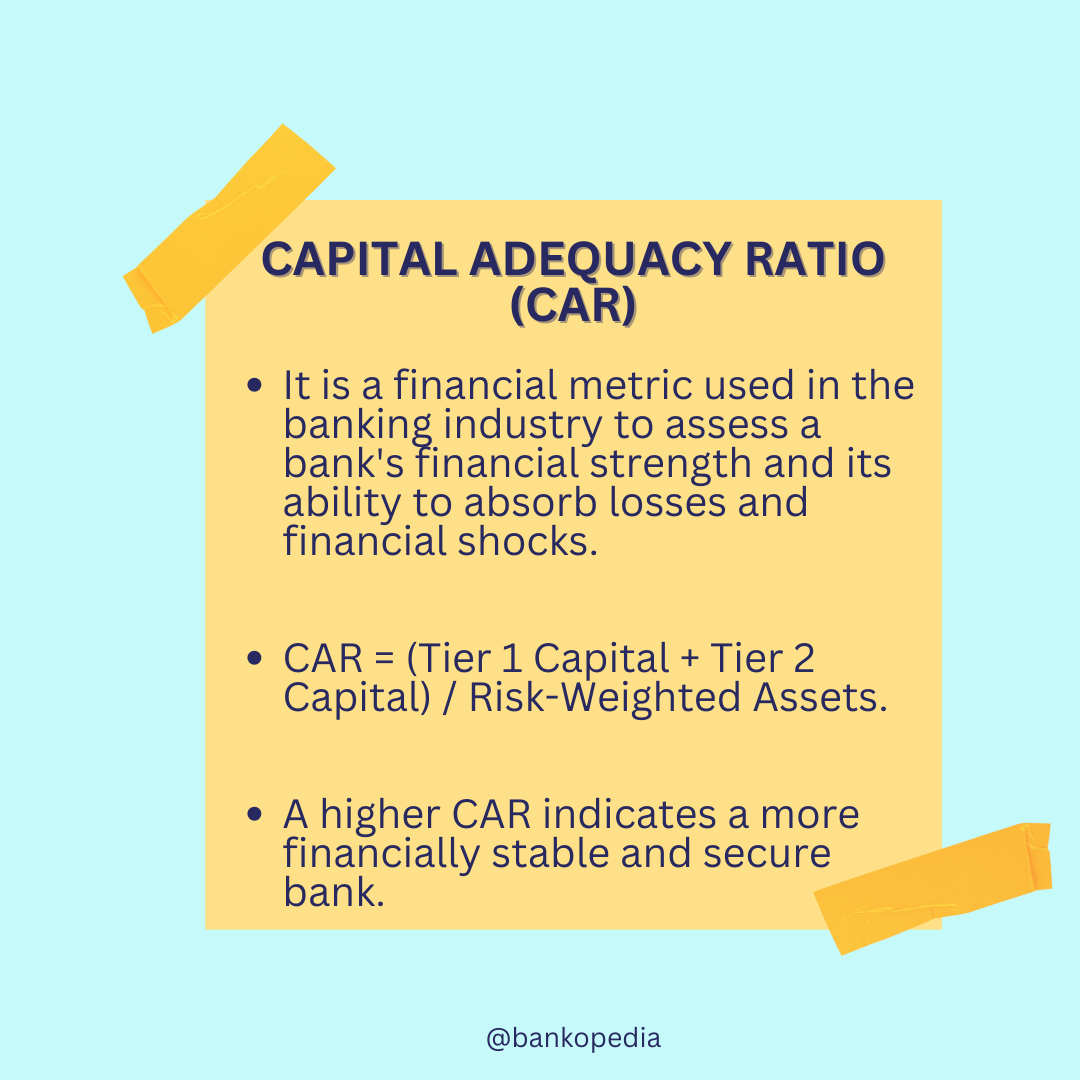Welcome to Daily Banking Digest, your premier source for the latest news and insights on May 03, 2024, focusing on banking, the economy, and finance. Our platform offers a comprehensive overview of the day’s most critical financial stories, market trends, and economic developments. Whether you’re a professional in the financial sector, an investor monitoring market movement, or someone interested in staying informed about the economic landscape, Daily Banking Digest provides reliable, up-to-date information.
Join our Telegram Channel for Daily PDF in your Inbox – Click Here
Table of Contents
SBI’s Yes Bank Stake Draws Interest from First Abu Dhabi Bank and Mizuho Bank
State Bank of India (SBI) is selling its 25% stake in Yes Bank, attracting interest from First Abu Dhabi Bank (FAB) of the UAE and Mizuho Bank of Japan. FAB and Mizuho are reportedly leading the race, with FAB having held discussions with the Reserve Bank of India (RBI). Citibank is handling the mandate to find a buyer, with a focus on attracting foreign direct investment. Interested investors have three options: acquiring 26%, 49%, or 51% of SBI’s stake.

Key Points
Interest from Foreign Banks – First Abu Dhabi Bank (FAB) and Mizuho Bank have expressed interest in acquiring SBI’s stake in Yes Bank.
Citibank’s Mandate – Citibank has been given the mandate to find a buyer for SBI’s stake, with a focus on large foreign investors.
Investment Options – Interested investors have three options: – Acquire 26% stake – Increase stake to 49% through open offer – Seek RBI approval to acquire 51% stake
FAB’s Discussions with RBI – FAB has had discussions with the RBI on the acquisition under various structures.
RBI’s Ownership Guidelines – The RBI allows foreign investment up to 74% of paid-up capital in private sector banks.
FAB and Mizuho’s Strengths – FAB and Mizuho have branch operations in India and cater to large overseas corporate customers. – FAB is known for its retail banking and credit card products.
Yes Bank Bailout – SBI led a consortium of banks that bailed out Yes Bank in 2020. – SBI currently holds 25.02% stake in Yes Bank.
Surge in IT Return Filings: Over 5.9 Lakh Returns Submitted in First Month
The Income Tax Department has received a significant number of returns in the first month of the new assessment year, with over two-thirds of verified returns processed. The department has introduced an e-filing portal for taxpayers to file returns in the new financial year, making it easier for them to comply. Experts recommend early filing for various benefits, including early refunds and more time for revisions. However, salaried individuals are advised to wait for some time before filing.
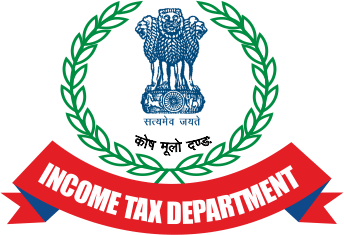
Key Points:
Early Filing Benefits:
- Early refunds
- More time for revisions and corrections without penalty
- Avoids rush and potential errors
Prioritization of Refunds:
- Department prioritizes refunds based on the order of filing
- Early filing increases chances of early processing and receipt of refunds
TDS Considerations:
- File early if substantial TDS and no additional TDS expected in the last quarter
- Wait for Form 26AS to be updated if TDS anticipated in the final quarter
- Request re-processing if Form 26AS updated after return processing
Flexibility for Revisions:
- Taxpayers can revise returns until December 31, 2024, without penalties
- Allows for corrections of errors or discrepancies
South Indian Bank’s Net Profit Surges 38% to ₹1,070 Crore in Fiscal Year 2024
South Indian Bank reported a 38% increase in net profit to ₹1,070.08 crore in FY24, driven by growth across segments and a focus on quality assets. The bank has improved its performance in key areas, including business, net profit, and NIM. Despite a decline in other income due to market volatility, the bank’s efforts to clean up its balance sheet and reduce credit costs have contributed to its strong financial results.

Key Points:
Financial Performance:
- Net profit increased by 38% to ₹1,070.08 crore in FY24.
- Growth across segments, including Corporate, SME, Auto Loan, Credit Card, Personal Loan, and Gold Loans.
- Best performance in business, net profit, net interest income, CRAR, provision coverage ratio, and NIM.
Balance Sheet Cleanup:
- Efforts to clean up and repair the balance sheet have reduced sticky assets.
- Credit cost has been reduced.
Outlook:
- Focus on churning product mix to increase NIM to around 4%.
- Re-engagement with NRI clients through portfolio re-jigging and new products.
- Expectation to maintain traction on NRI deposits.
Other:
- Gold loan book grew by 12-13% to ₹15,513 crore.
- NRI deposits contributed around 25% to total business.
FSSAI Urges States to Prioritize Comprehensive Testing of Packaged Spice Samples
The Food Safety and Standards Authority of India (FSSAI) has ordered states to conduct comprehensive testing of spice products for various safety and quality parameters, including ethylene oxide, pesticides, heavy metals, and biological contaminants. The testing is part of an ongoing pan-India enforcement drive following recalls of Indian spice products in Hong Kong and Singapore.

Key Points:
Testing Parameters:
- Up to 139 pesticide residues
- Seven metal contaminants (lead, arsenic, copper, cadmium, mercury)
- Yeast, mold, salmonella, staphylococcus
- 25 physical parameters
- 22 chemical parameters (total ash, crude fiber, argemone oil)
- Food additives (Sorbates, Neotame, Sulfites)
Enforcement Actions:
- Serious action will be taken against spice brands found in violation of safety standards.
Recall Background:
- Hong Kong and Singapore recalled Indian spice products of MDH and Everest due to alleged presence of ethylene oxide.
- Ethylene oxide is prohibited for use in India.
Company Statements:
- MDH and Everest have stated that their products are safe for consumption.
Coal India’s Quarterly Profit Surges 26% to ₹8,640 Crore
Coal India reported a 25.78% increase in its consolidated net profit to ₹8,640.45 crore for Q4 FY24, driven by a decline in total expenses. Despite a 2% drop in revenue, the company’s coal production and offtake increased by 7.8% and 7.9%, respectively. The board recommended a final dividend of ₹5 per share.
Key Points
Revenue – Revenue from operations declined by 2% to ₹37,410.39 crore in Q4 FY24.
Expenses – Total expenses fell by 8.34% to ₹28,298.41 crore, primarily due to a 20% reduction in employee benefits expenses.
Production and Offtake – Coal production increased by 7.8% to 241.75 million tonnes in Q4 FY24. – Coal offtake grew by 7.9% to 201.66 million tonnes.
Realizations – Average realization per tonne from FSA sales decreased to ₹1,535.54. – Average realization per tonne from e-auction sales fell to ₹2,545.01.
Dividend – The board recommended a final dividend of ₹5 per share for FY24.
Profit – Consolidated net profit for Q4 FY24 increased by 25.78% to ₹8,640.45 crore. – Net profit for FY24 grew by 17.8% to ₹37,369 crore.
RBI Removes Restrictions on Bajaj Finance’s eCOM and Insta EMI Cards
The Reserve Bank of India (RBI) has lifted the restrictions imposed on Bajaj Finance in November 2023, allowing the company to resume sanctioning and disbursing new loans under its ‘eCOM’ and ‘Insta EMI Card’ products. Bajaj Finance had temporarily suspended issuing EMI cards to new customers due to the restrictions.

Key Points:
- RBI Lifts Restrictions: RBI has lifted the restrictions on Bajaj Finance’s ‘eCOM’ and ‘Insta EMI Card’ products, effective immediately.
- Loan Resumption: Bajaj Finance will resume sanctioning and disbursing loans in these two business segments, including issuing EMI cards.
- Regulatory Compliance: Bajaj Finance remains committed to adhering to regulatory guidelines.
- Previous Restrictions: RBI had restricted Bajaj Finance from giving new loans under these products in November 2023.
- Impact on Q4 Earnings: Bajaj Finance reported a decrease in new loans booked during Q4 FY24 due to the restrictions.
- Request for Review: Bajaj Finance had requested RBI to review and remove the restrictions.
NPCI Collaborates with Bank of Namibia to Establish an Instant Payment System Inspired by UPI
NPCI International Payments Limited (NIPL) has partnered with the Bank of Namibia (BoN) to develop a UPI-like instant payment system for Namibia. This collaboration aims to modernize Namibia’s financial ecosystem, improve accessibility, affordability, and connectivity with domestic and international payment networks.
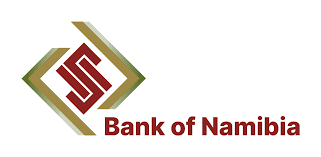
Key Points:
Partnership: – NIPL and BoN have signed an agreement to develop an instant payment system for Namibia.
Objectives: – Enhance digital financial services in Namibia. – Bolster real-time P2P and P2M transactions. – Improve financial access for underserved populations.
Benefits: – Namibia will gain sovereignty in the digital payments landscape. – Enhanced payment interoperability. – Reduced cash dependency.
Target Population: – Underserved populations, including rural and informal sectors.
Implementation: – BoN will leverage technology and experiences from India’s UPI. – The platform will facilitate digital transactions and drive financial inclusion.
Federal Bank’s Q4 Profit Remains Subdued at ₹906 Crore Amidst Rising Operating Expenses
Federal Bank reported a modest 0.4% increase in net profit to ₹906 crore in Q4 FY24, primarily due to higher operating expenses. However, the bank witnessed strong growth in advances and deposits, with loan growth expected to continue in FY25.

Key Points
Net Profit – Net profit increased by 0.4% YoY to ₹906 crore. – Sequentially, profit declined by 10% due to lower other income.
Operating Expenses – Operating expenses surged by 41% YoY and 19% QoQ to ₹1,839 crore. – One-time wage impact of ₹200 crore for pension arrears contributed to the increase.
Advances – Net advances grew by 20.0% YoY and 5% QoQ to ₹2.1 lakh crore. – Retail advances grew by 20.1% to ₹67,435 crore. – Business banking, commercial banking, corporate, and CV/CE loans also witnessed significant growth.
Growth Momentum – Loan growth is expected to remain strong at 18% in FY25. – The bank anticipates gaining market share in lending.
Net Interest Income (NII) – NII rose by 15% YoY and 3% QoQ to a record ₹2,195 crore. – Net interest margin (NIM) was 3.21%, slightly lower than the previous year’s 3.36%.
Credit Cost – Credit cost remained low at 1 bps for the quarter. – Risk-adjusted margin is expected to remain between 3.00-3.25%.
Deposits – Deposits increased by 18% YoY and 5% QoQ to ₹2.5 lakh crore. – CASA ratio declined to 29.38%. – Deposit growth of 16-18% is projected for FY25.
Asset Quality – Gross NPA ratio improved to 2.13%. – Net NPA ratio declined to 0.60%.
Capital Adequacy – Capital Adequacy Ratio (CRAR) stood at 16.13%, up from 15.02% in December 2023.
Kotak Mahindra Bank Shares Plummet 4% to New 52-Week Low Amidst Negative Developments
Kotak Mahindra Bank’s shares plummeted 4% to a 52-week low after the resignation of Joint Managing Director KVS Manian. Domestic brokerage Nuvama downgraded the stock to “reduce” from “buy,” citing concerns about senior-level exits and RBI’s recent restrictions on the bank.

Key Points:
Resignation of KVS Manian: – Manian’s exit follows the departures of CEO Uday Kotak and Joint MD Dipak Gupta due to RBI’s tenure cap.
Nuvama Downgrade: – Nuvama analysts downgraded the stock due to the loss of a long-standing KMP, multiple senior exits, and RBI’s digital ban. – They believe these changes will hurt growth and profit for 12-18 months. – Target price reduced from Rs 2,095 to Rs 1,530.
Jefferies and Macquarie Ratings: – Jefferies maintained a “hold” call with a target price of Rs 1,970, acknowledging the potential impact of senior-level exits. – Macquarie maintained a “neutral” rating with a target price of Rs 1860.
Earlier Elevation of Manian and Ekambaram: – Kotak elevated Manian and Ekambaram to joint MD and deputy MD in February to pre-empt potential senior exits.
Manian’s Next Role: – Manian is reportedly joining Federal Bank as MD and CEO.
ICICI Bank Denies Baseless and Misleading Claims Regarding MD Sandeep Bakhshi’s Departure
ICICI Bank has denied reports that its Managing Director (MD) Sandeep Bakhshi is planning to leave his position due to personal reasons. The bank has labeled the information as “figment of imagination” and “completely baseless and misleading.” The bank believes the rumor is being spread with malicious intent to harm the bank and its stakeholders.

Key Points:
Denial of Bakhshi’s Exit: – ICICI Bank has categorically denied the information published in an article stating that Bakhshi is willing to leave his position. – The bank has labeled the information as “figment of imagination” and “completely baseless and misleading.”
Alleged Reason for Exit: – The Morning Context article, citing sources, stated that Bakhshi had indicated the will to be relieved as managing director and CEO of ICICI Bank due to personal emergency. – The central bank reportedly suggested that he work remotely if needed and requested him not to step down.
Bakhshi’s Midas Touch: – Bakhshi’s appointment as the leader of ICICI Bank in 2018 marked a significant shift in the bank’s trajectory. – He focused on transforming ICICI Bank into a customer-centric organization, prioritizing service over revenue generation. – Under his leadership, the bank underwent a remarkable turnaround, improving its financial health and market standing.
RBI Approves Re-appointment: – Sandeep Bakhshi’s re-appointment as the managing director of ICICI Bank by the Reserve Bank of India in September 2023 underscored his significant role within the institution. – His tenure, which began in October 2018, has been deemed successful, leading to his re-appointment for another three years.
GST National Coordination Meeting to Consider Crackdown on Fraudulent Registrations
Central and state GST officers will meet to discuss stricter registration norms to deter fake companies set up to evade taxes. The meeting follows record-high GST collections in April and aims to curb fake companies claiming input tax credit. Tax officers are using data analytics and physical verification to identify risky taxpayers and fraudulent registrations.
Key Points:
Stricter Registration Norms: – Meeting to discuss tightening GST registration to curb fake companies.
Curbing Fake ITC Claims: – Focus on identifying masterminds of GST fraud through money trail analysis.
Data Analytics and AI: – Tax officers using data analytics and AI tools to identify risky taxpayers.
Physical Verification and Aadhaar Authentication: – Robust checks in place for GST registration, including physical verification and Aadhaar authentication.
Pilot Project in Gujarat, Andhra Pradesh, and Puducherry: – Risk-based biometric-based Aadhaar authentication pilot for registration applications.
GST Evasion Cases: – 14,600 cases of GST evasion registered between April and December 2023.
Fake ITC Detection: – GST intelligence officers detected fake ITC cases worth Rs 18,000 crore in April-December 2023.
Arrests and Masterminds: – 98 fraudsters/masterminds arrested in fake ITC cases.
National Coordination Meetings: – First meeting held on April 24, 2023, to discuss fake GST registrations. – Second meeting held on December 14, 2023, to share best practices for curbing evasion.
American Express Establishes its largest Global Campus in India
American Express has inaugurated its largest global campus in India, spanning one million square feet in Gurugram. The facility reflects the company’s commitment to the country and its focus on innovation, sustainability, and employee well-being.

Key Points:
Global Commitment: – American Express’s largest campus globally, demonstrating its commitment to India.
Innovation and Value: – The campus enables teams to drive innovation and deliver exceptional value to customers worldwide.
Employee Experience: – Modern and energy-efficient workspace designed to foster collaboration and productivity.
Sustainability: – LEED Gold certification for Building Design and Construction, reflecting the company’s commitment to environmental responsibility.
Design and Technology: – Incorporates the latest design, sustainability, and technology advancements.
Support for All Divisions: – Supports every division of American Express, including product development and customer service.
Additional Facilities: – American Express has additional facilities in various Indian cities, including Delhi, Mumbai, and Bengaluru.
Health and Wellness Focus: – Outdoor green spaces, community areas, and amenities prioritize employee well-being.
Digitalization and Financial Inclusion to Fuel the Growth of Payments Banks in India
Airtel Payments Bank CEO Anubrata Biswas anticipates robust growth for payments banks in India, driven by financial inclusion and digitalization. The bank has witnessed double-digit growth in key metrics and plans to continue this momentum in the coming years. It serves urban, rural, and business segments with a range of digital banking and financial services.
Key Points:
Growth and Performance: – Airtel Payments Bank has experienced high double-digit growth in revenue, profit, and users in FY24. – It has nearly 500,000 banking points across India.
Customer Segments: – The bank serves three customer segments: urban digital, rural underbanked, and industries/businesses.
Digital Banking Momentum: – Digital banking momentum is expected to continue, with urban users seeking secondary digital banking options. – The bank has seen a surge in revenue from digital banking services.
Rural Dominance: – Airtel Payments Bank is dominant in rural markets, opening a million bank accounts per month.
New Account Openings: – The pace of new account openings has accelerated, particularly on the digital side from urban customers.
Market Opportunity: – The digital banking opportunity is estimated at 100 million users. – The financial inclusion and digital inclusion market presents a 500 million user opportunity.
Payments Bank Momentum: – Payments banks, with their unique positioning as regulated fintechs, are expected to have even stronger growth horizons and opportunities.
Fintech Role: – Fintechs will play a significant role in bridging the gap between digital users and digital financial users. – Airtel Payments Bank, as a regulated fintech, aims to offer the best of both worlds to Indian consumers.
Ujjivan Small Finance Bank Welcomes Carol Furtado as Executive Director
Ujjivan Small Finance Bank has appointed Carol Furtado as its Executive Director for three years, effective May 1, 2023. Furtado has been with the bank since its inception and has held various key positions, including Chief Human Resource Officer, Head of Operations and Service Quality, and Chief Business Officer. She played a crucial role in the bank’s transition from an NBFC-MFI to a small finance bank.
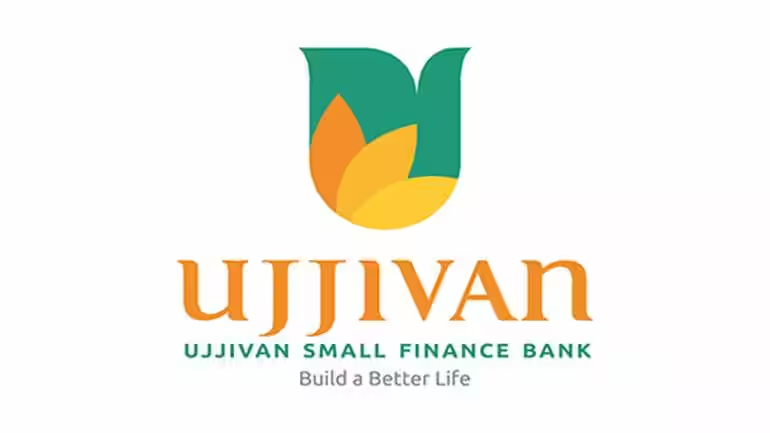
Key Points:
- Appointment: Carol Furtado appointed as Executive Director of Ujjivan Small Finance Bank for three years.
- Effective Date: May 1, 2023.
- Approval: Appointment approved by the Reserve Bank of India.
- Tenure with Ujjivan: Furtado has been with the bank since its inception.
- Previous Positions: Chief Human Resource Officer, Head of Operations and Service Quality, Chief Business Officer.
- Role in Transition: Instrumental in the bank’s transition from NBFC-MFI to a small finance bank.
- Banking Experience: Over 29 years of experience in retail banking and non-banking finance company domains.
- Education: Post graduate from Mount Carmel Institute of Management, Bangalore.
- Previous Employers: ANZ group, Bank Muscat, Centurion Bank.
CCI Investigation Finds Amazon and Flipkart in Violation of Antitrust Laws
The Competition Commission of India (CCI) has found Amazon and Flipkart in violation of antitrust laws after a four-year investigation. The report will be shared with the parties involved, followed by a hearing by the CCI.

Key Points:
- CCI Investigation: A four-year investigation by the CCI director general (investigation) has found Amazon and Flipkart in contravention of antitrust laws.
- Report Sharing: The report will be shared with the informant, the companies, and the CCI for a hearing.
- CCI Response: The CCI has not responded to queries regarding the investigation.
- Company Response: Amazon and Flipkart have not received any official notice or communication from the CCI.
India’s FY25 GDP Growth Forecast Revised Upward by OECD to 6.6%
The OECD has revised its growth forecast for India to 6.6% for 2024-25, citing buoyant public investment and improved business confidence. However, private consumption remains sluggish, and fiscal consolidation is necessary to address high public debt.
Key Points:
Growth Forecast: – OECD raises India’s growth forecast to 6.6% for 2024-25.
Drivers of Growth: – Buoyant public investment and improved business confidence.
Private Consumption: – Private consumption growth remains sluggish.
Exports: – Exports will continue to grow, especially in services like IT and consulting.
Fiscal Consolidation: – Fiscal consolidation is necessary to address high public debt.
Global Growth: – Global GDP growth is projected to be 3.1% in 2024 and 3.2% in 2025.
Downside Risks: – New supply chain disruptions, food inflation, and global financial market fluctuations.
Upside Potential: – Disinflation strengthening consumer purchasing power and boosting growth.
Vast Majority of Rs 2,000 Notes Returned to Banks, Says RBI
The Reserve Bank of India (RBI) has announced that 97.76% of the Rs 2000 denomination banknotes have been returned to the banking system, leaving only Rs 7,961 crore worth of the withdrawn notes still in circulation. The Rs 2000 banknotes remain legal tender and can be deposited or exchanged at designated RBI offices.
Key Points:
Return of Rs 2000 Banknotes: – 97.76% of Rs 2000 banknotes have been returned to the banking system. – Only Rs 7,961 crore worth of the withdrawn notes remain in circulation.
Legal Tender Status: – Rs 2000 banknotes continue to be legal tender.
Deposit and Exchange Options: – People can deposit or exchange Rs 2000 banknotes at 19 RBI offices across the country. – Notes can also be sent through India Post for credit to bank accounts.
Timeline of Withdrawal: – Rs 2000 banknotes were withdrawn from circulation on May 19, 2023. – Public and private entities had until October 7, 2023, to deposit or exchange the notes. – Individuals can now exchange or deposit the notes at RBI offices.
RBI Offices for Deposit/Exchange: – Ahmedabad – Bengaluru – Belapur – Bhopal – Bhubaneswar – Chandigarh – Chennai – Guwahati – Hyderabad – Jaipur – Jammu – Kanpur – Kolkata – Lucknow – Mumbai – Nagpur – New Delhi – Patna – Thiruvananthapuram
Indian Oil Resumes Russian Crude Imports via Sovcomflot Tankers
Indian Oil Corporation (IOC) has resumed purchasing Russian crude oil delivered on Sovcomflot tankers, signaling a potential restoration of oil flows between Russia and India. This move follows a period of disruption caused by tightened US sanctions.
Key Points:
Resumption of Russian Crude Oil Purchases: – IOC has received a tanker of Russian Urals crude delivered by Sovcomflot. – This is the first Sovcomflot tanker to deliver crude to India since US sanctions were imposed.
Significance of Sovcomflot Tanker Acceptance: – IOC’s acceptance of Sovcomflot tankers could encourage other Indian refiners to use them for Russian oil purchases.
US Sanctions and Indian Refiners: – Indian refiners initially avoided Sovcomflot tankers due to US sanctions. – US officials have since clarified that they do not expect India to stop buying Russian oil.
Increased Russian Crude Oil Imports: – India’s daily crude imports from Russia have reached over 1.9 million barrels in April. – Deliveries of Urals and Sokol have increased significantly.
Sovcomflot Tankers Bound for India: – At least five Sovcomflot tankers carrying Urals are currently signaling India as their destination.
Indian Manufacturing Activity Slows Slightly in April, PMI Dips to 58.8
India’s manufacturing sector experienced a slight slowdown in growth in April, but remained robust due to strong demand. Firms increased raw material purchases at a near-record pace, indicating optimism about future production. Despite easing from March, output and new orders remained strong, supporting the sector’s expansion.
Key Points:
Growth: – Manufacturing sector growth slowed marginally in April, with the HSBC India Manufacturing Purchasing Managers’ Index (PMI) dipping to 58.8 from 59.1 in March. – Despite the slowdown, the PMI remained above its long-run average and in expansionary territory for the 34th consecutive month.
Demand: – Strong demand conditions supported the sector’s growth, with output and new orders sub-indexes indicating sturdy demand. – International demand remained in good shape, although it was the weakest since January.
Optimism: – Business optimism improved as firms expected demand to remain buoyant and higher production volumes in the coming 12 months. – This positive sentiment led to increased hiring for the second consecutive month.
Raw Materials: – Firms built up stocks of raw materials at the third-fastest rate in over 19 years, indicating preparations for increased production.
Prices: – High demand pushed up both input and output price sub-indexes, but the increase was small and unlikely to push inflation beyond the central bank’s target range.
Inflation: – The Reuters poll medians showed inflation would average 4.6 per cent this fiscal year. – The RBI is expected to cut its key repo rate next quarter.
Sebi Proposes Draft Framework for Stock Exchanges to Oversee Research Analysts
The Securities and Exchange Board of India (Sebi) has established a framework for the administration and supervision of research analysts and investment advisers. Stock exchanges can be authorized as Research Analyst Administration and Supervisory Bodies (RAASB) and Investment Adviser Administration and Supervisory Bodies (IAASB) to oversee these entities.

Key Points:
Authorization of Stock Exchanges as RAASB and IAASB:
- Stock exchanges must have been operational for at least 15 years.
- Net worth of at least Rs 200 crore.
- Nationwide terminals and investor service centers in 20 cities.
- Grievance redressal mechanism, including online dispute resolution.
Responsibilities of RAASB and IAASB:
- Registration of research analysts and investment advisers.
- Enforcement and disciplinary actions.
Ease of Doing Business:
- Existing research analysts and investment advisers registered with Sebi are deemed enlisted with RAASB/IAASB.
- Single window clearance for approvals for individuals registered as both research analysts and investment advisers.
Reporting and Monitoring:
- Registered research analysts and investment advisers must submit periodic reports to RAASB/IAASB.
- Sebi will monitor RAASB and IAASB through periodical reports and inspections.
Sebi Mandates Registration of Portfolio Management Service Providers with APMI
The Securities and Exchange Board of India (Sebi) has made registration with the Association of Portfolio Managers in India (APMI) mandatory for Portfolio Manager Services (PMS) distributors, effective January 1, 2025. This move aims to promote collective oversight and ease of doing business for portfolio managers.

Key Points:
- Mandatory Registration with APMI: PMS distributors must register with APMI to facilitate collective oversight and compliance.
- Effective Date: The new directive takes effect from January 1, 2025.
- Criteria for Registration: APMI will issue the criteria for distributor registration by July 1, 2023.
- Portfolio Manager Responsibility: Portfolio managers must ensure that their distributors are registered with APMI.
- Alignment with Mutual Fund Industry: This move aligns with the practice in the mutual fund industry, where distributors must register with AMFI.
- Benefits of Registration: Mandatory registration provides single filing for compliance, industry data access, faster access to portfolio managers, and improved grievance redressal.
- Working Group Recommendation: The decision follows recommendations from a Sebi-constituted working group to simplify and ease compliance.
- APMI Distributor Registration Portal: APMI has introduced a portal for individuals to obtain APRN for PMS sales.
- Digital Onboarding: Sebi suggests facilitating ease in the digital onboarding process for portfolio manager clients.
